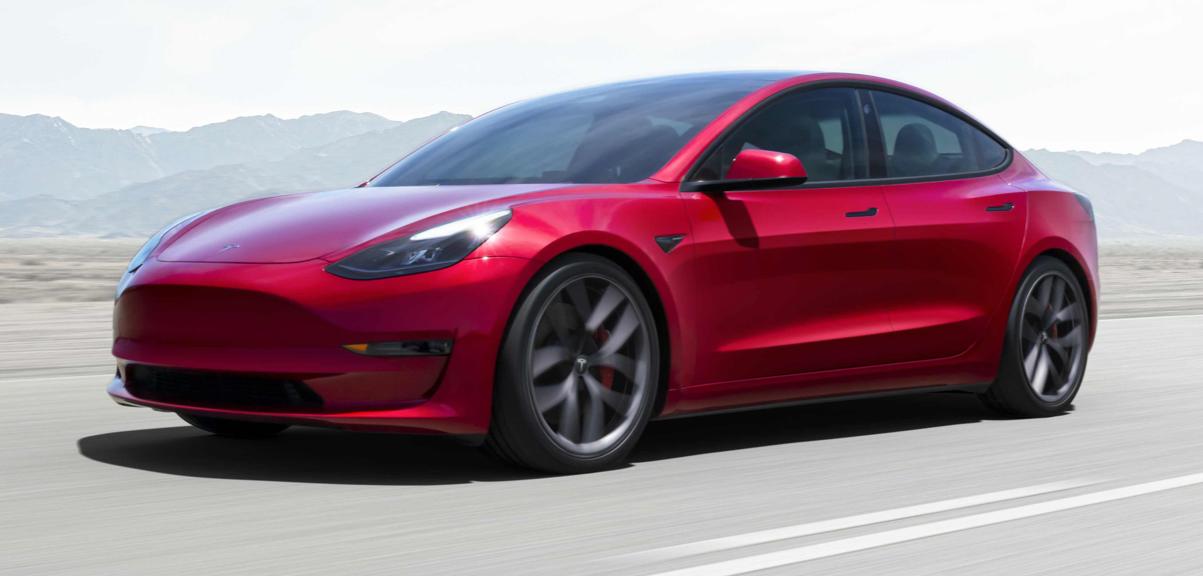Recently, the Tesla layoff event has been pushed to the forefront of public opinion.
According to internal Tesla employees, Musk sent an email to company executives earlier this month stating that he wanted to “cut about 10% of jobs” (about 10,000 people). Currently, it has been reported that Tesla has suspended its hiring plan and is intensifying its layoffs, affecting multiple departments.
In 2021, Tesla achieved a historic breakthrough in vehicle deliveries, with an overall increase of 87%, and once had a brilliant moment. Its financial report released at the end of April this year showed that in the first quarter of 2022, Tesla delivered a total of 310,048 vehicles and produced 305,407 vehicles. Sales revenue was $14.218 billion, total revenue was $18.8 billion, net profit was $3.318 billion, and total debt was less than $100 million. From the data, Tesla’s overall financial situation is improving, and there is no internal financial tightening.
However, enterprises are often like swallows that can quickly perceive industry changes when storms are coming. Does Tesla’s layoff initiative mean that the intelligent automobile industry will gradually enter a downturn during the global financial turmoil? Some netizens believe that Tesla is cutting personnel costs to resist the capital winter. But is it really the case?
According to the current situation and development trends of the 2022 Chinese intelligent connected vehicle market, in 2020, China’s intelligent automobile industry grew to 255.6 billion yuan, a year-on-year increase of 54.3%. Moreover, with the promotion of domestic policies and the rapid popularity of the Internet of Things, consumers’ attention to connected cars is increasing. This is undoubtedly more advantageous than disadvantageous for Tesla and other automobile brands.
This article is a translation by ChatGPT of a Chinese report from 42HOW. If you have any questions about it, please email bd@42how.com.
